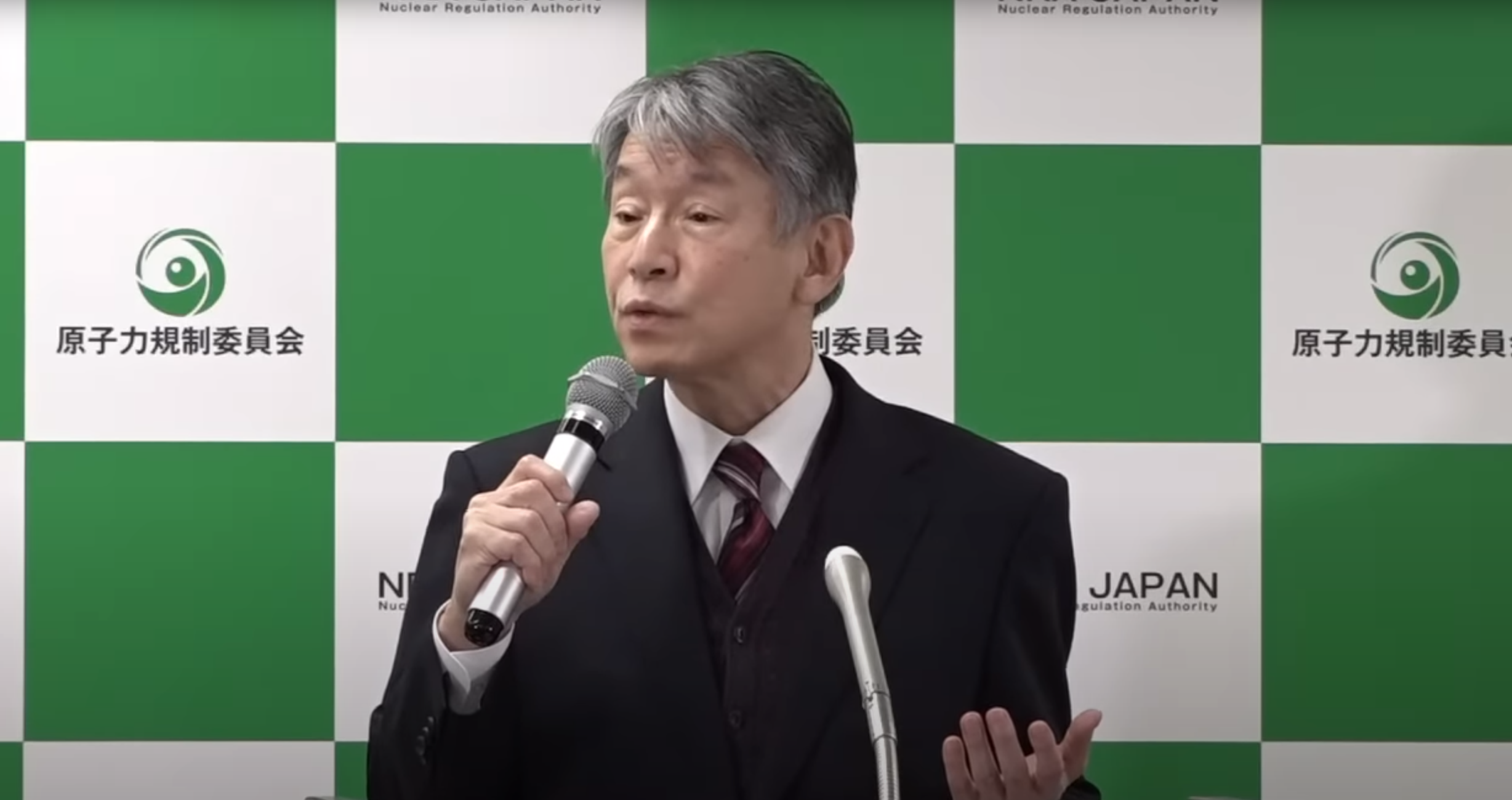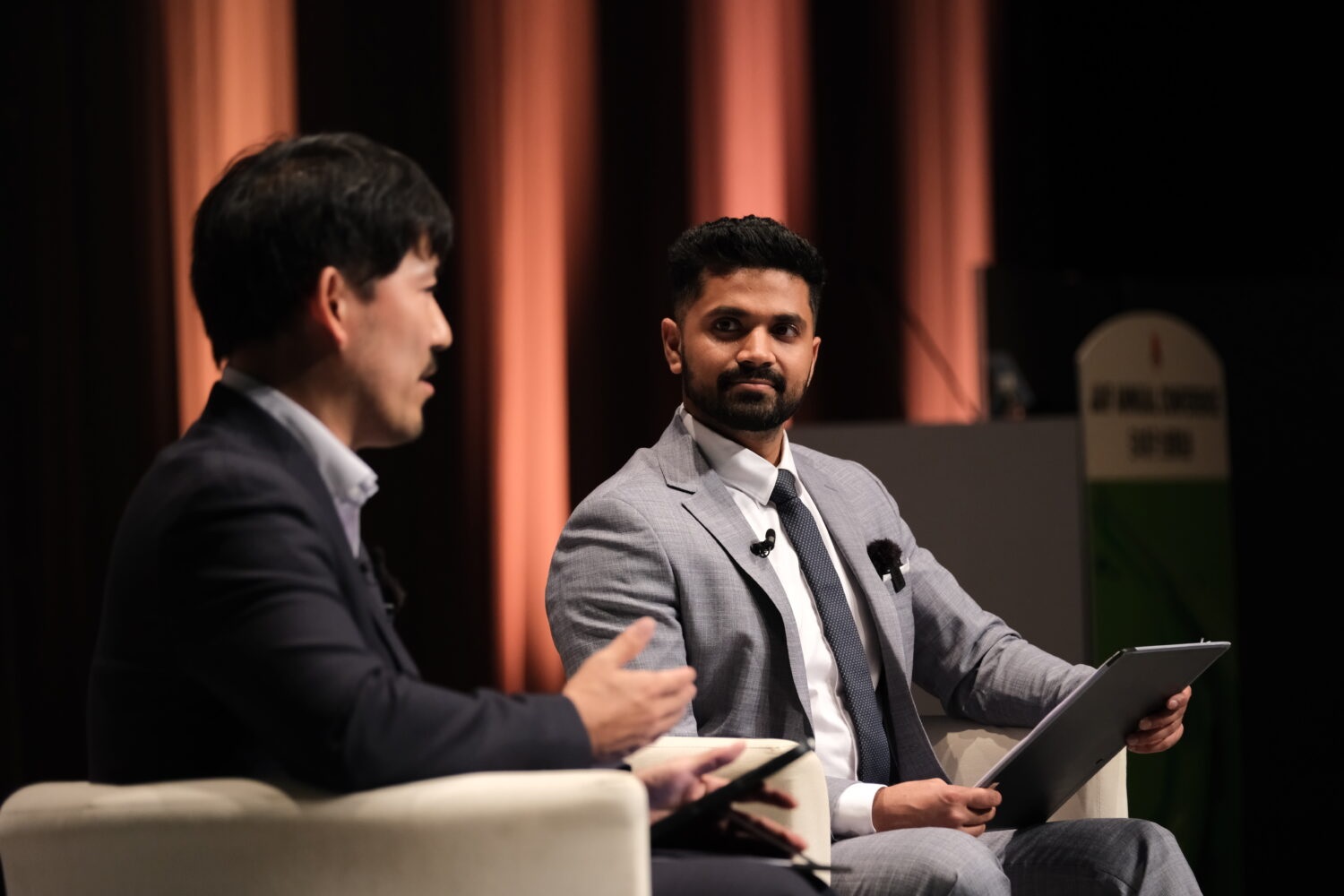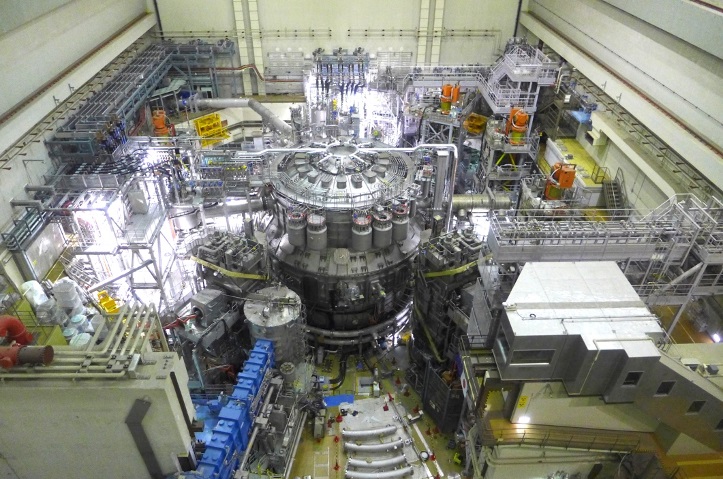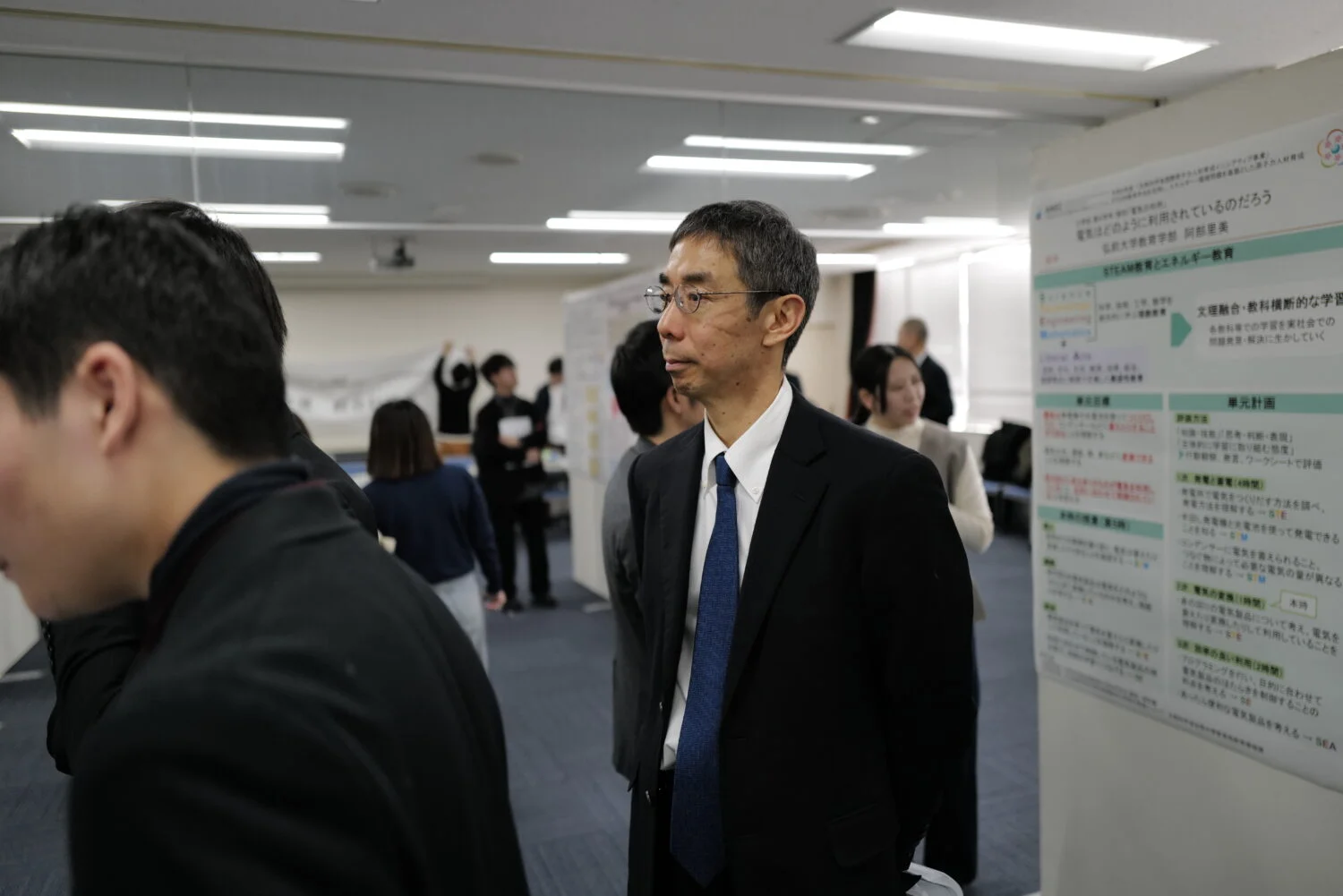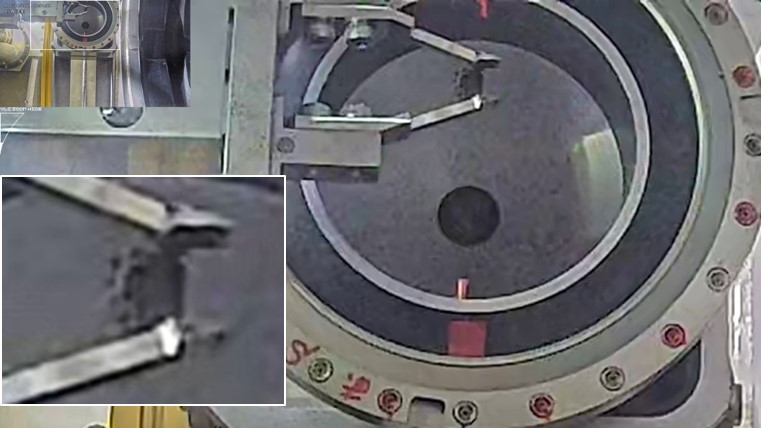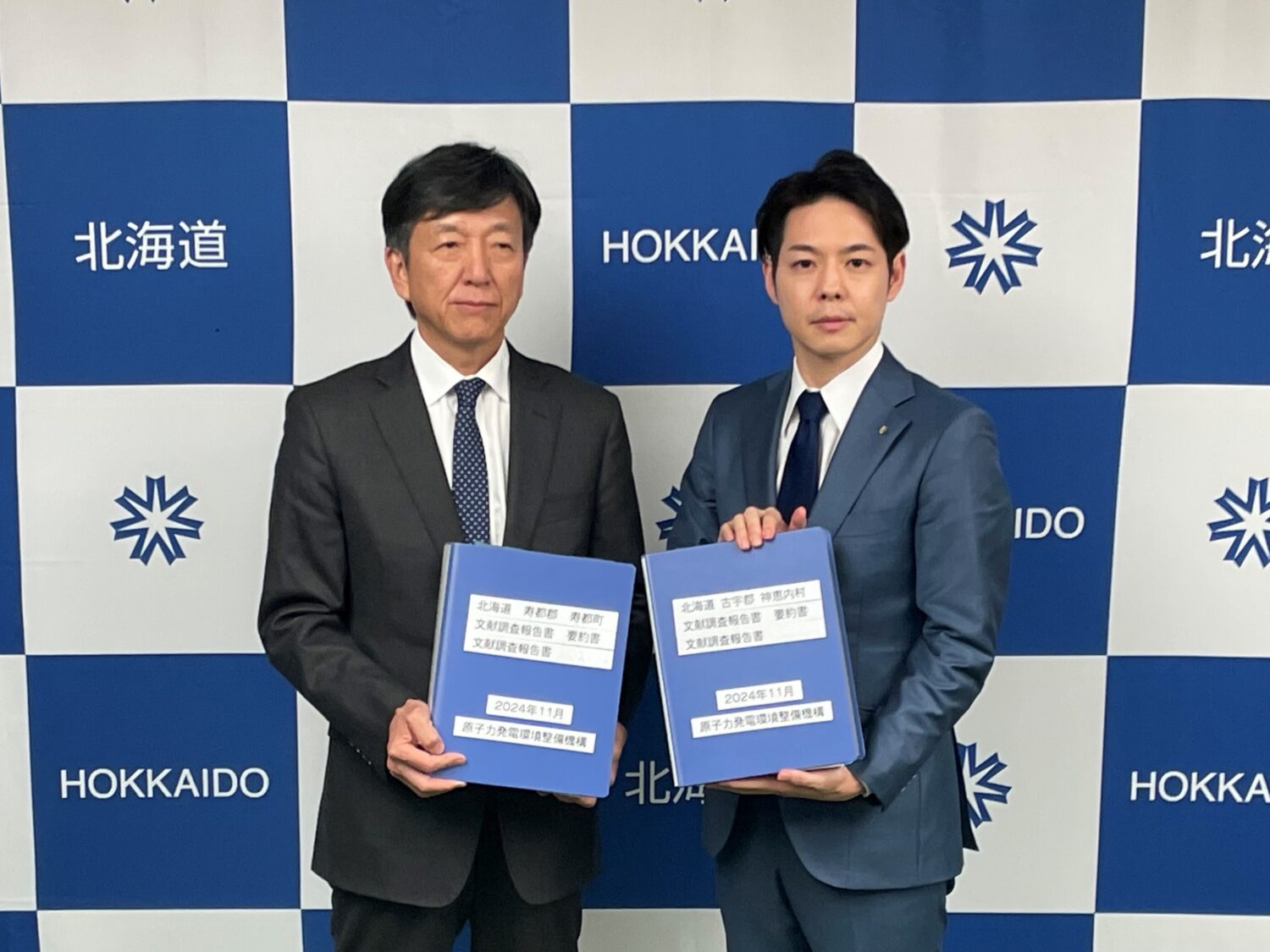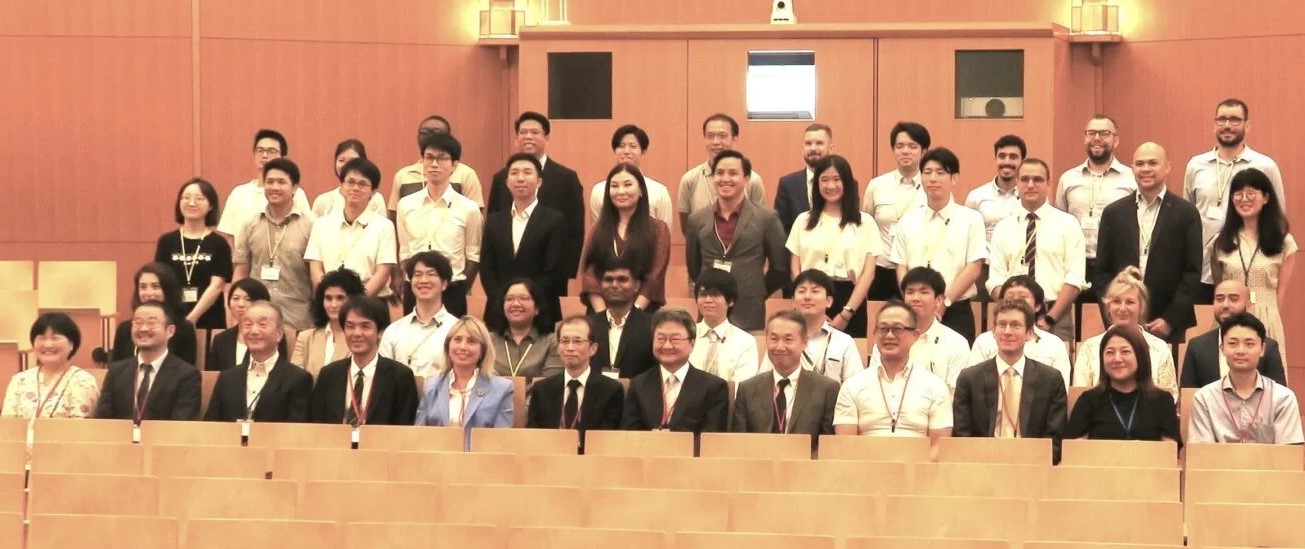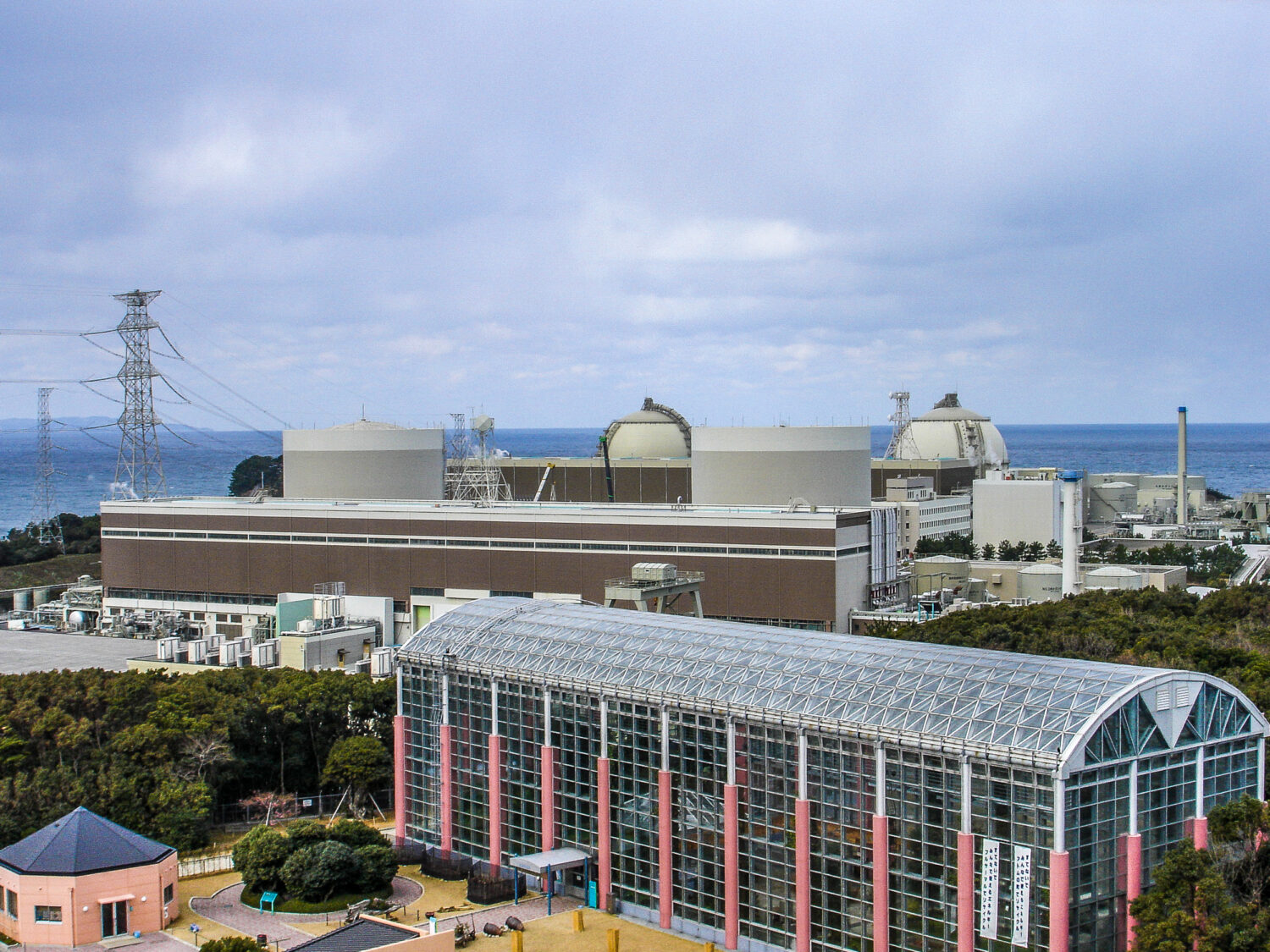On September 20, then-Prime Minister KISHIDA Fumio spoke with Director General R. M. Grossi of the International Atomic Energy Agency (IAEA) via teleconference. At a press conference held afterwards, the prime minister explained that the two had agreed to expand the IAEA’s current monitoring activities, in which sampling of water would be conducted by specialists from three countries, including China, and comparisons would be made with inter-laboratory comparisons (ILCs).
Additionally, referring to working-level negotiations between the Chinese and Japanese governments, Kishida said that China had begun adjusting its restrictions on imports of Japanese marine products, and that the imports of Japanese marine products conforming to standards would “certainly recover.”
Although their future courses of actions have not been made clear, the two countries have thus reached a common recognition based on repeated explanations and information dissemination to the Chinese Embassy in Japan, and the plan to implement the additional monitoring agreed to this time.
Of the various countries and regions that had imposed import restrictions on Japanese marine products in the wake of the Fukushima Daiichi accident of March 2011, the vast majority―49 (counting the EU as one)―have since removed them. At the same time, China, Hong Kong, Macao, Russia, South Korea, and Taiwan have maintained their restrictions, including requirements for the submission of radioactive material inspection certificates.
Then-Prime Minister Kishida, at the press conference, reiterated Japan’s stance that restrictions on marine products without scientific basis “should be immediately removed.” Regarding the latest shift by China, he said that it would be only natural, based on the implementation of additional monitoring, that imports of Japanese marine products would indeed rebound.
The offshore release of ALPS-treated water began in August 2023, a little more than a year ago. Based on the Terms of Reference (TOR) for the review of safety aspects in the handling of ALPS-treated water, signed in July 2021, the IAEA has sent several safety review missions to Japan, beginning prior to the start of the release.
In April of this year, a task force—the second IAEA mission since the start of the release—visited Japan. It consisted of nine international experts (from Argentina, Australia, China, France, Russia, South Korea, the United Kingdom, the United States, and Vietnam), in addition to IAEA staff.
At the time, the IAEA published a report on the results, stating, “Nothing was identified that is inconsistent with the requirements in the relevant international safety standards.”
At a press conference held after a Cabinet meeting on September 24, SAKAMOTO Tetsushi, head of the Ministry of Agriculture, Forestry and Fisheries (MAFF), first mentioned that his ministry was striving to respond to heavy rain damage in the Hokuriku and Tohoku regions of Japan. He then talked about his attendance at the upcoming meeting of G7 Ministers of Agriculture that was slated to be held from September 25 to 30, 2024, in Siracusa, Italy.
The minister presented Japan’s intention to call on participating countries to achieve global food security. He then stressed the importance of developing new markets—not only Japanese-owned but local supermarkets and restaurants―in emerging nations and smaller cities to diversify destinations for exported Japanese foods. In August, the minister had visited Hong Kong’s Food Expo PRO 2024, a key trade event in Asia, taking on the role of Japan’s “top salesman.”



